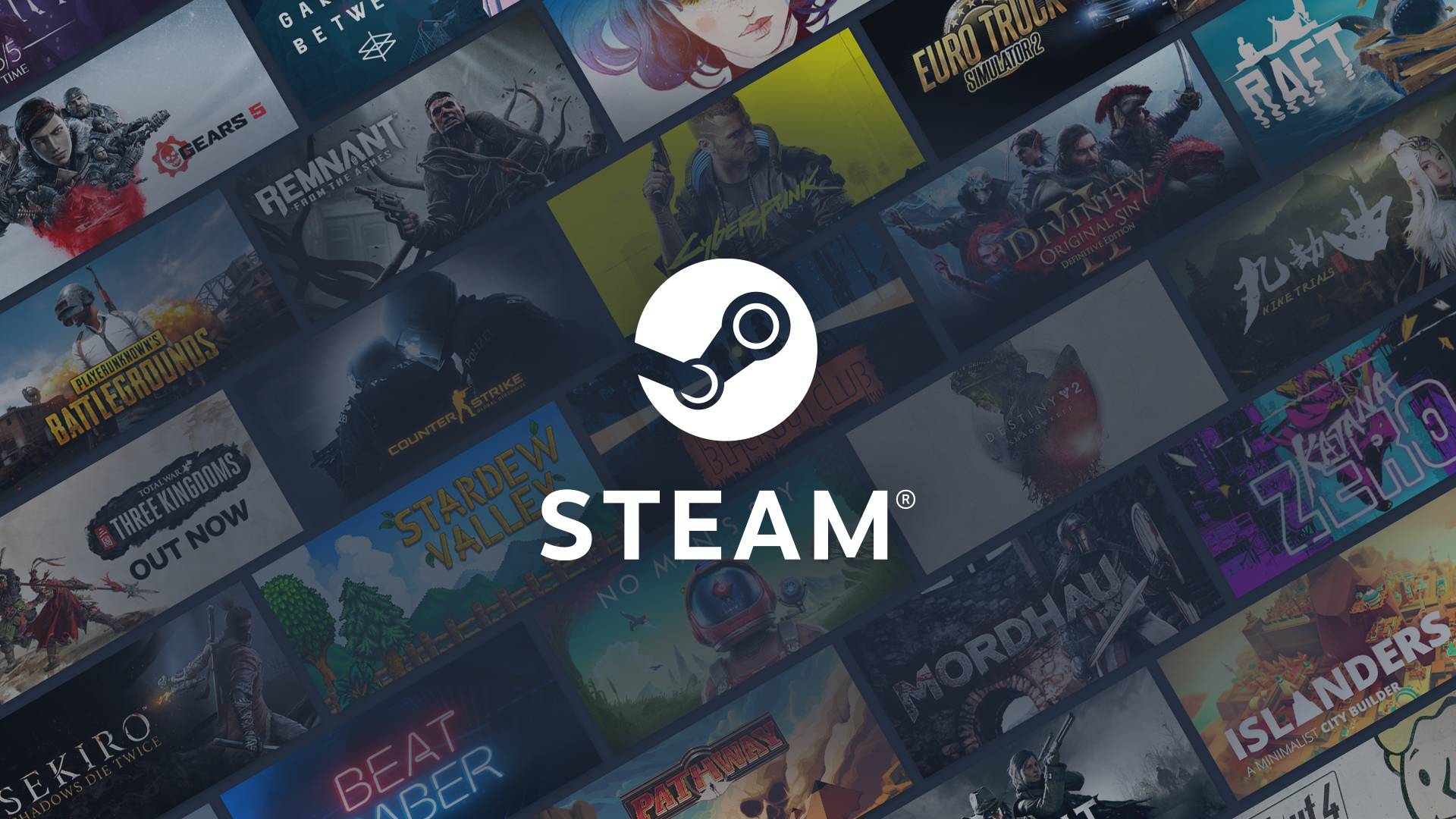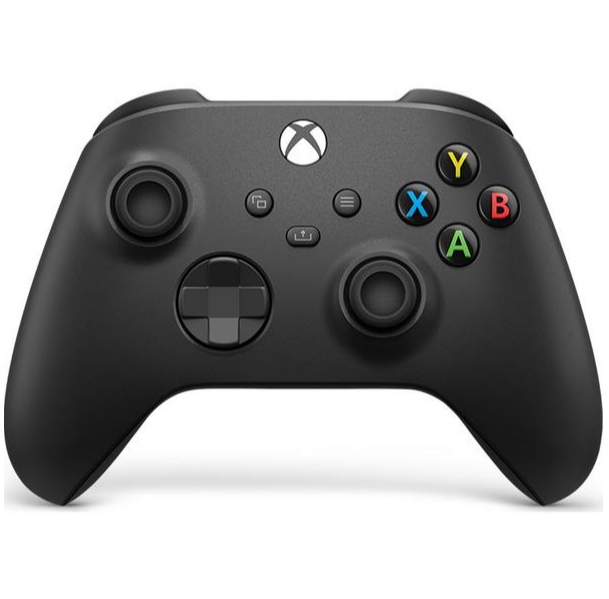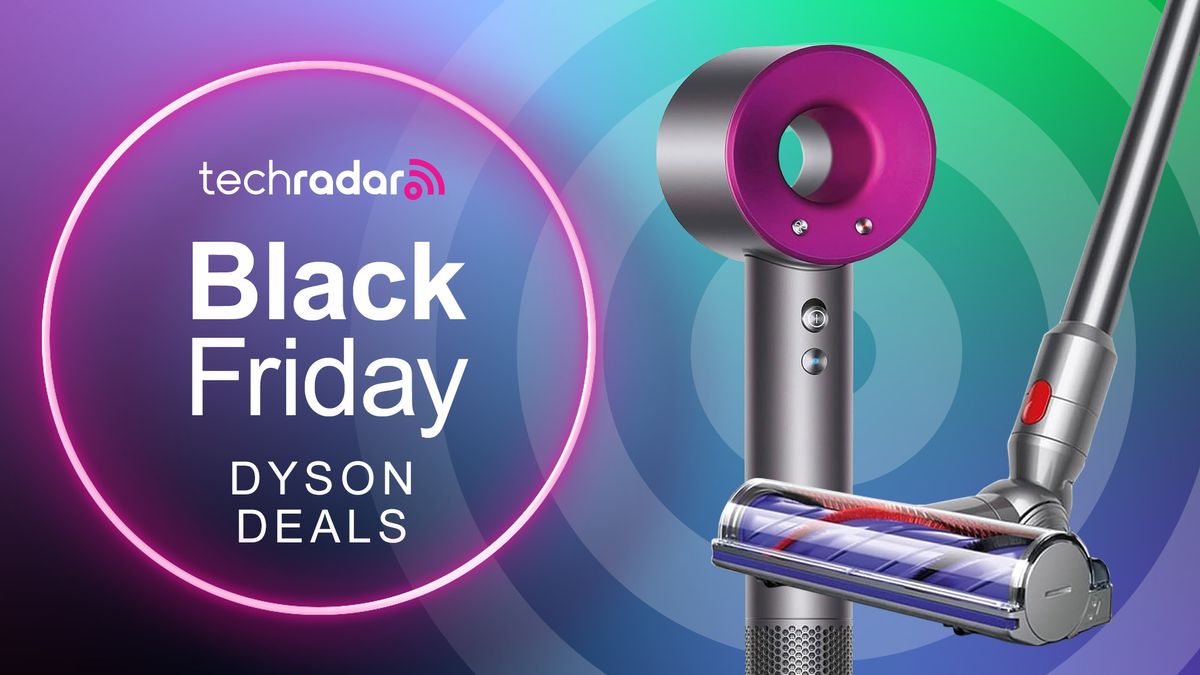- Larian's director of publishing says there's "genuinely no point making a high-spec Steam Machine"
- This mini PC is aimed at casual gamers, he argues, and Valve wants to create an entry-level point for this market, then see it bloom
- Other PC makers will step in with beefier models, or enthusiast gamers can make their own compact SteamOS PCs
If you think Valve's fresh take on the Steam Machine is disappointingly underpowered, you wouldn't be alone – but you may be failing to see the bigger picture.
PC Gamer highlighted that more hardcore gamers are distinctly unimpressed with the core specs of the Steam Machine – which runs an AMD Zen 4 CPU with RDNA 3 (semi-custom, 8GB) GPU – and are wishing it came with a beefier set of components.
However, as Larian's (of Baldur's Gate 3 fame) director of publishing Michael Douse makes clear, this is missing the point. That point being, as Douse posts on X, that there's "genuinely no point making a high-spec Steam Machine" as Valve is betting on enthusiast gamers knowing "how to turn any PC into a Steam Machine" if they want a more powerful rig.
Value are probably betting on the fact that anyone who wants more demanding PC hardware on their TV is part of the audience who know how to turn any PC into a Steam Machine. Genuinely no point making a high-spec Steam Machine.November 13, 2025
In other words, the Steam Machine is aimed at more casual gaming folks who won't be too fussed about the exact performance they're getting – people who just want an affordable PC box to sit unobtrusively in their living room (hence the rather bland, and compact, cube design) and let them easily kick straight into playing PC games on the TV.
Douse expands on this argument to note that the grander vision is that, if Valve can establish the Steam Machine as a mini PC entry-level point for living-room gaming this time around, third-party manufacturers (Asus, Ayaneo, and all the usual suspects) will build more powerful gaming cubes (probably a bit bigger than Valve's, of course). That's what's happened with the Steam Deck and the bunch of handhelds which have followed, and Valve is hoping to mirror that success here.
The theory is that there will eventually be a whole ecosystem of mini PCs running SteamOS springing up, and even if Valve isn't selling the hardware in all cases, it's still selling the PC games via Steam for all these devices.
Analysis: indie games and the temple of Steam

This is the gist of something I've touched on recently elsewhere, namely that this isn't really about hardware, but software. As noted, if other third-party Steam Machines are built, Valve still profits from the owners of those PCs buying games on Steam. Moreover, it's going to push adoption of Linux gaming to bigger numbers (SteamOS is based on Linux, remember).
The dream will doubtless be for game developers to start taking Linux more seriously and considering compatibility issues more – and problematic elements like anti-cheat tools for online games (which are a serious spanner in the works currently).
So, it all comes back to the software: driving forward with SteamOS, while accelerating games sales on Steam itself.
The obvious reason why the Steam Machine is relatively modest in terms of its performance ceiling, judging from the hardware chosen, is because Valve wants to be able to price the cube at an affordable level.
This brave new world of a new way of gaming in the living room won't happen if the Steam Machine seems expensive, and the big hope is that Valve will really attack on pricing. Mainly because it makes sense that this is the approach and intended angle, given that Valve could certainly have gone a bit further in terms of pushing the hardware spec.
However, we don't yet have any kind of actual hint as to what pricing might be. The general hope is for something like a $499 PC (in the US) here – though some are even more optimistic than that – but the actual cost may yet be affected by some unfortunate winds blowing in the components arena right now. Those market forces are pushing up the cost of memory, meaning more expensive RAM and SSDs, which could be a pricing snag when it comes to production time for the Steam Machine.
Valve must, of course, bear in mind that the Steam Machine will need to deal with the question – "why should I buy this rather than a PS5 or Xbox?" – based on the relative cost of these living room gaming boxes. Although when it comes to game pricing, there are a lot of cheap games (and big sales) on Steam, and an expansive library of quality indie titles – all of which could be tempting selling points for more casual gamers, again.

Follow TechRadar on Google News and add us as a preferred source to get our expert news, reviews, and opinion in your feeds. Make sure to click the Follow button!
And of course you can also follow TechRadar on TikTok for news, reviews, unboxings in video form, and get regular updates from us on WhatsApp too.










 English (US) ·
English (US) ·